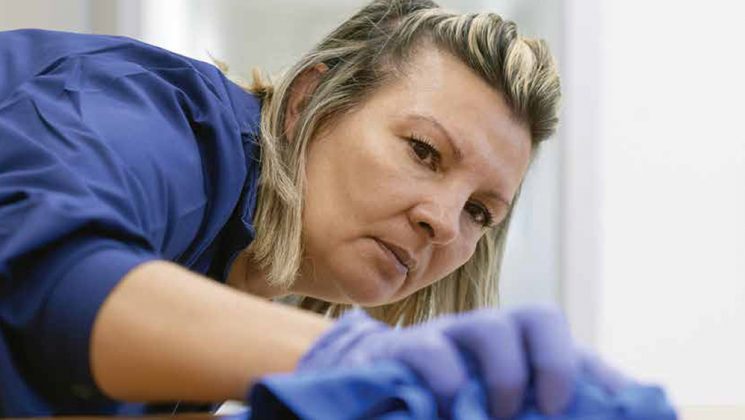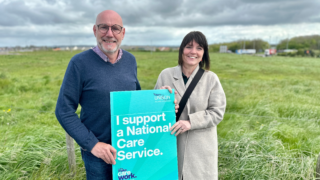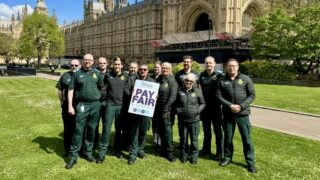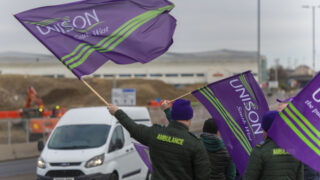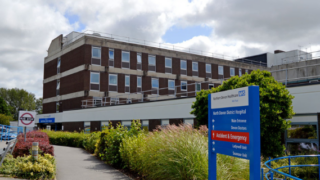A £2,000 pay rise for all NHS workers across the South West would boost morale amid unrelenting pandemic pressures, says UNISON today (Thursday).
The union is calling on the government to deliver an early and significant wage increase – of at least £2,000 – to show staff are valued as they face unprecedented hospital admissions.
A recent UNISON survey shows more than nine out of ten NHS staff (91%) across the UK say a wage lift of that level would boost their morale, while even more (95%) said it would make a “meaningful difference” to their lives.
Four out of five (83%) would feel more confident they can afford to stay in their current job, says UNISON.
This early wage increase – equivalent to around £1 an hour extra for all staff – would benefit struggling local economies as workers spend the extra money in their pockets on the high street when the lockdown begins to ease, says UNISON.
More than three quarters of staff (78%) say they would use the cash in local shops and hospitality businesses, the survey found.
Staff in UNISON branches based in NHS hospitals, ambulance stations and clinics across the South West region will be using social media to raise awareness of the union’s latest two days for 2k campaign.
They will be pressing home the message health workers deserve more than applause for their efforts starting today and running until Friday.
In addition, NHS staff and members of the public are being asked to sign an open letter to the chancellor of the exchequer Rishi Sunak calling on him to fund the pay rise in the Budget.
UNISON South West regional secretary Joanne Kaye said: “The pressure on staff is immense and is not likely to ease any time soon. They’re exhausted and need reassurance their work is valued.
“The government should pay more than lip service to their efforts and demonstrate appreciation in a practical way by delivering a pay rise.
“Investing in staff will prevent an exodus of disillusioned workers and help with recruitment to build the NHS for the future.”

